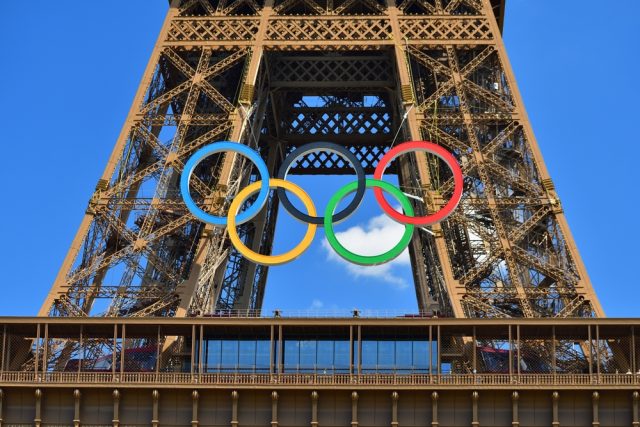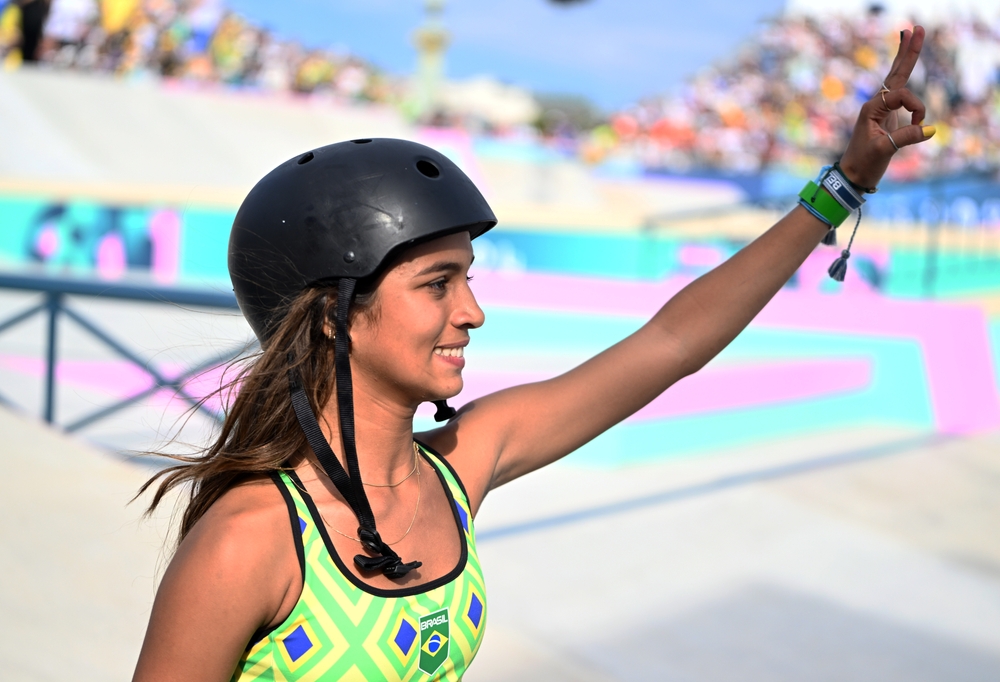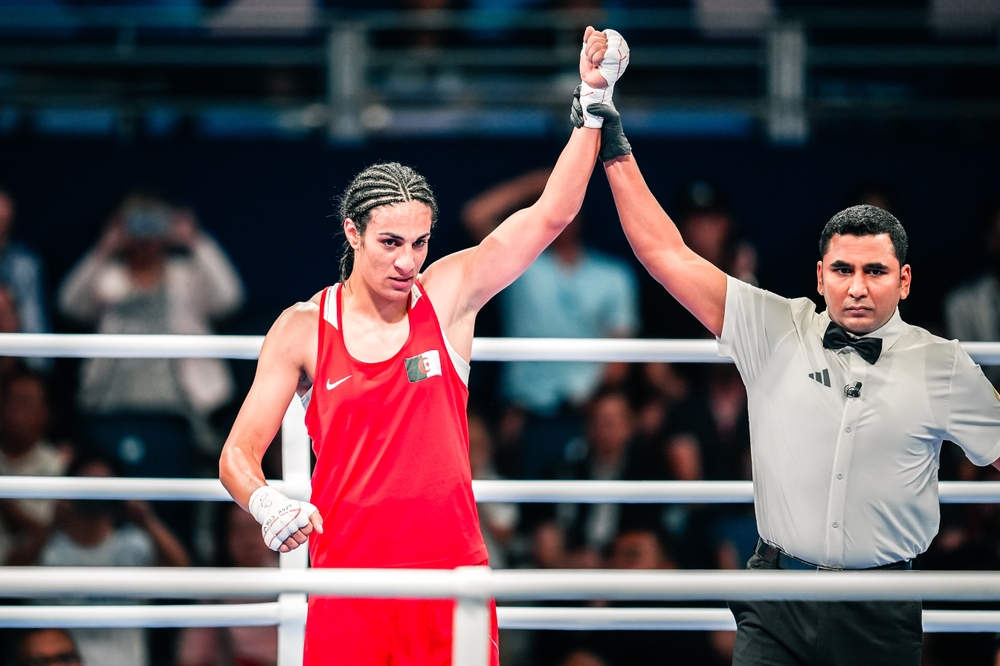

The 2024 Paris Olympics were filled with memorable moments, both on and off the field, from Tamberi’s moment of fair play to the message of Faith launched by the very young Brazilian skater Rayssa Leal.
However, the Games were also marked by numerous controversies that captured the world’s attention: from doping scandals to gender debates and water quality issues, the Paris Olympics saw their fair share of drama, often due to controversial decisions rather than actual competition.
One of the biggest ambiguities of the 2024 Olympics was the doping accusations against some athletes: specifically, the Chinese men’s mixed swimming relay team was implicated, which beat the United States in the 4×100 with a record-breaking fraction by Pan Zhanle, on an Olympic eve peppered with the scandal of Chinese swimmers, with 23 athletes testing positive in Tokyo 2020, including members of the men’s 4×100 mixed relay. British swimmer Adam Peaty, a multiple Olympic champion, questioned the legitimacy of China’s victory, stating that if an athlete was “contaminated” twice, he should be automatically banned, so in his opinion, the result should be reviewed.

The brief clash between Angela Carini and intersex boxer Imane Khelif caused quite a stir, in Italy and beyond. The Algerian boxer has found herself at the center of a gender controversy because of her particular genetic condition that unites her with boxer Lin Yu–Ting, both born with XY chromosomes but biologically female. The match between Khelif and Carini lasted 42 seconds flat, with the Italian abandoning the fight citing intense pain in her nose after being hit hard by Khelif. “If I stopped, I did it only for my family,” Carini said. The issue was not helped by removing the organization of boxing matches from the World Federation (IBA) to place them under the aegis of the IOC, whose President Thomas Bach stated that “there is no scientific method to distinguish between men and women”.
Another bizarre controversy that emerged from the Paris Olympics was the debate over the temperature in the athletes’ village. Some athletes, including members of the Japanese gymnastics team, complained that the rooms were too hot, with temperatures reaching up to 30°C, while the image of Italian Thomas Ceccon, a sex symbol of these Olympics, immortalized while resting in the shade on the lawn adjacent to the village due to the excessive heat, went viral. The International Olympic Committee (IOC) defended the temperature, saying it was within the acceptable range for sleeping conditions.
However, the scandal regarding the water conditions of the Seine, which hosted several swimming events, was not long in coming. Despite efforts to clean the river, several events were affected by high levels of sewage and bacteria. A Belgian triathlete was even forced to withdraw from the competition after contracting Escherichia coli from the river. Repeated requests to at least move the 10 km swimming marathon, then held in both the women’s and men’s editions along the Parisian river, were to no avail.
The French government’s decision to ban the wearing of the hijab in sports competitions has since sparked controversy and protests from some athletes. Egyptian beach volleyball players Doaa Elghobashy and Farida Osman defiantly competed at the Olympics fully dressed, even wearing the hijab, despite the ban. The incident has highlighted the ongoing debate about religious freedom and women’s rights in sports.
Since the opening ceremony, there has been significant religious controversy. The scene titled “Festivities” featured a singer portraying the Greek god Dionysus, with an interpretation of Leonardo da Vinci’s Last Supper in the background, which some viewed as “the new gay testament” according to the choreographers. The organizers denied being inspired by Leonardo’s painting, stating that a Dionysian image influenced them, but their poor communication led to misunderstanding. The Christian community reacted promptly, with the bishops of Paris considering the show to be in bad taste and solely driven by ideology.
The 2024 Paris Olympics were undoubtedly full of incredible athletic performances and inspiring moments. However, the controversies that emerged during the Games serve as a reminder that even the world’s greatest sporting event is not immune to controversies involving countries, politics, and powers of varying degrees. Especially in France in the midst of a crisis of values after the elections that saw the victory of the left and a progressive weakening of Macron, who used everything in his power to take credit for the most important sporting event of his presidency, starting from the Grandeur in the decision of the locations up to the total dissolution of customs.
The Olympics have also become the theater in which the selfie of South Korean athletes together with their opposite colleagues makes the news: at least in some cases, the Olympic spirit that breaks down international tensions has been seen.



 Subscribe
Subscribe